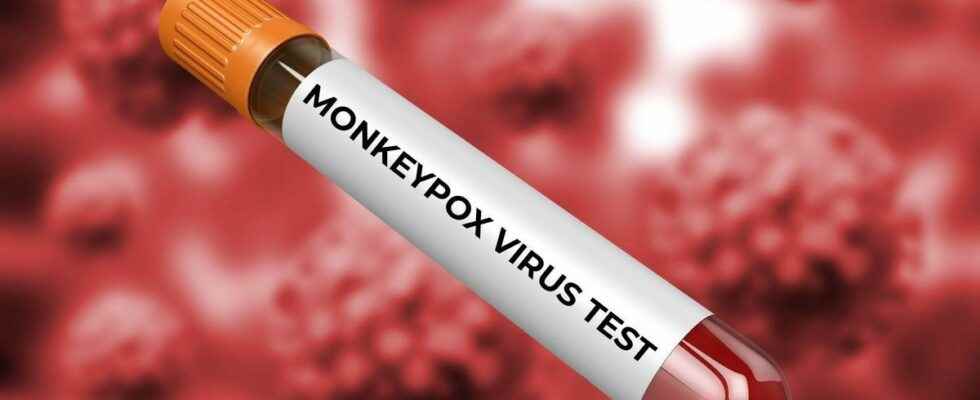Posted 17m ago,
Reading 2 mins.
It is the Roche laboratory which announces it: it has just developed a PCR test which makes it possible to detect monkeypox. Tests not developed for the general public, but rather for medical research purposes.
It is by press release that the Roche laboratory announces the news. These tests were developed by Roche and its subsidiary TIB Molbiol, “in response to recent cases of monkeypox virus infection which have raised concerns”. The Director of the Diagnostics Division explains that they have “very quickly developed a new series of tests for the detection of the simian pox virus and the monitoring of its spread (…) Diagnostic tools are essential to meet the new challenges in public health, as they contribute to the measures implemented, including tracing chains of transmission and therapeutic strategies“.
More accurate testing
As with the coronavirus, PCR tests are more accurate than antigen tests. This is why the WHO recommends screening patients with this type of test. The best samples for diagnosis come from lesions, swabs of exudates (fluid produced by the wound) or crusts from lesions.
A first kit detects orthopoxviruses, including simianpox viruses, a second specifically detects simianpox viruses, while a third kit makes it possible to detect orthopoxviruses while specifying whether a simianpox virus is present or nope.
250 cases in 16 countries around the world
The development of these tests therefore comes in response to the rapid outbreak of the disease. As of May 22, there are 250 confirmed cases of monkeypox in 16 countries. This virus, transmitted by animals, seems less serious than the smallpox which may have existed in the past. It is a viral zoonosis that usually occurs in certain regions of Central and West Africa. The current outbreak started in the UK, where the first case was detected in a man returning from Nigeria.
For Dr Gérald Kierzek, emergency physician and medical director of Doctissimo, “these tests are good news, they will allow the detection of the disease in local laboratories”. For the emergency physician, it would also be necessary to develop “rapid tests that can be used in emergency services, to know immediately, when you are faced with a patient, whether he has monkeypox or not”.
